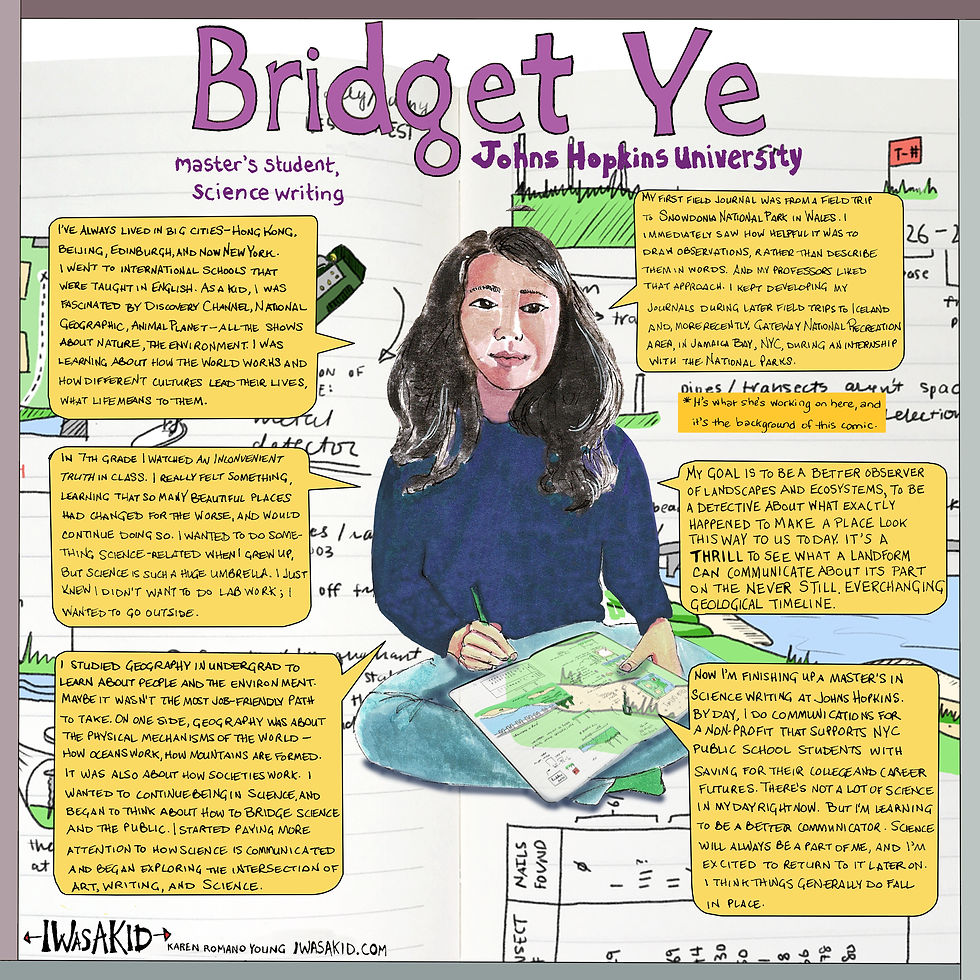top of page


1/10
Bridget Ye
Science Writing Master's Candidate
Johns Hopkins University
she/her
@b.ye.bye Instagram

bottom of page


Bridget Ye
Science Writing Master's Candidate
Johns Hopkins University
she/her
@b.ye.bye Instagram
